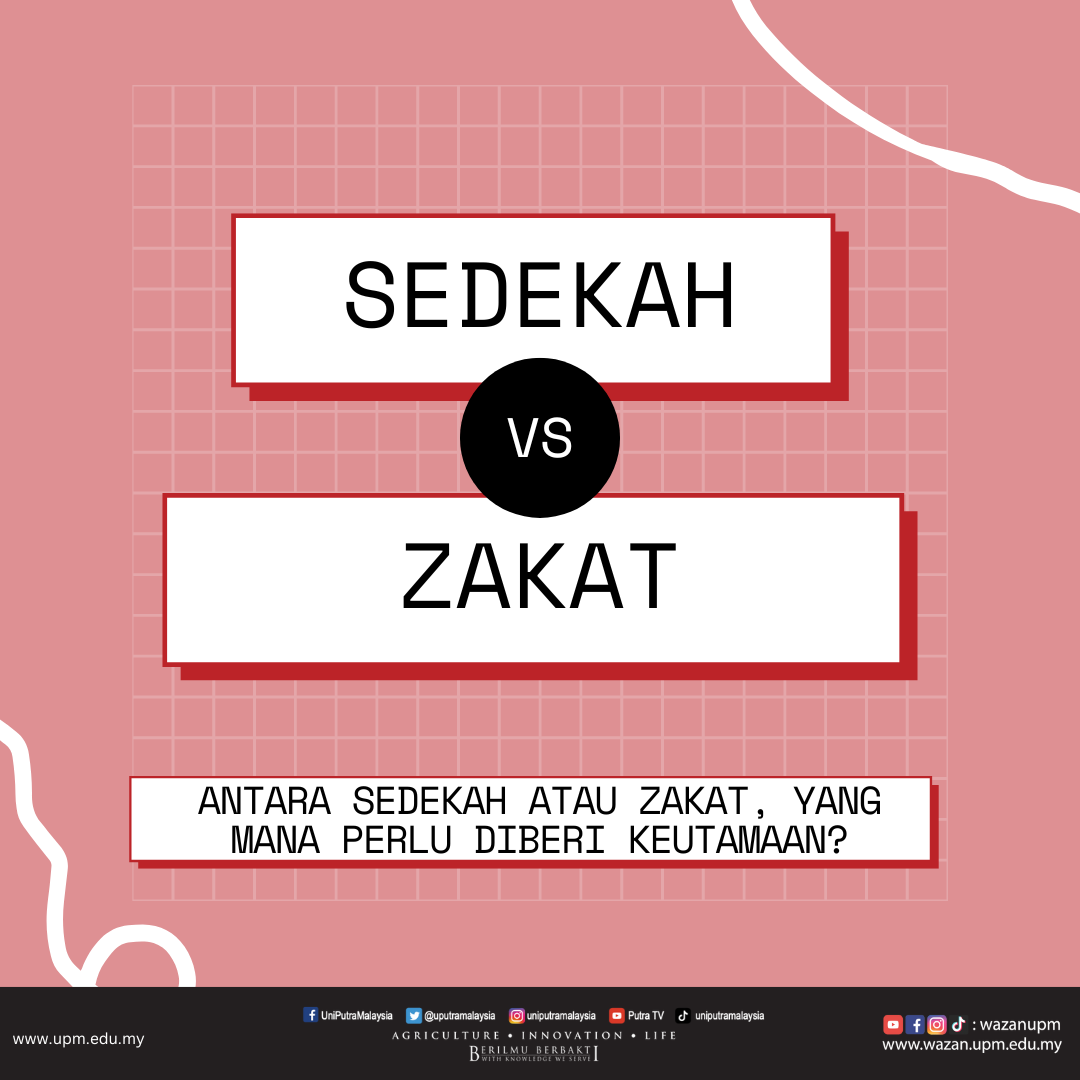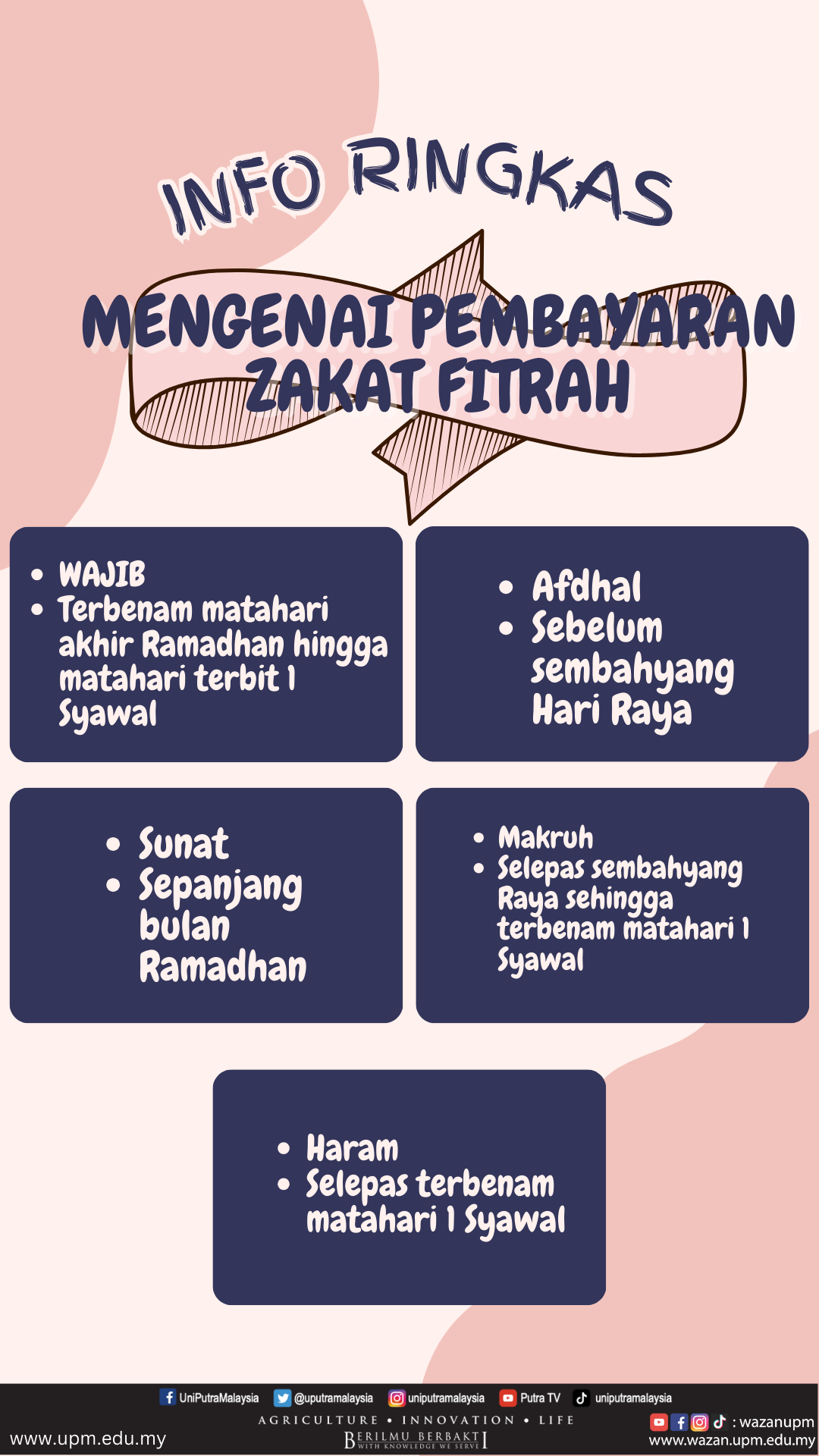
Every Muslim desires a happy, blessed, and a pleasing life by Allah SWT. Therefore, we are advised to engage in acts of worship, whether obligatory or recommended.
When we increase our voluntary acts of worship, the rewards received will multiply. Meanwhile, when we fulfill obligatory acts of worship, Allah SWT will grant blessings and contentment in our lives through what is commanded.
A hadith narrated by Abdullah bin Umar (RA) states that the Prophet Muhammad (SAW) said:
"Islam is built on five pillars: testifying that there is no deity worthy of worship except Allah and that Muhammad is the Messenger of Allah, establishing prayer, giving zakat, fasting in the month of Ramadan, and performing Hajj for those who are able to do so." (Narrated by Bukhari and Muslim)
So, what differences can we see between voluntary charity (sadaqah sunnah) and obligatory charity (sadaqah wajib)? Which one should we prioritize? Voluntary charity is giving to those in need voluntarily and sincerely, without a specific time or amount, done with the intention of drawing closer to Allah SWT.
While obligatory charity (zakat) involves giving a portion of wealth at a specified rate according to certain conditions to specific groups, voluntary charity (sadaqah sunnah) is giving to those in need voluntarily and sincerely, without a specific time or amount, with the intention of drawing closer to Allah SWT.
In terms of prioritization, obligatory charity (zakat) holds precedence as it is a mandated duty in Islam. However, voluntary charity (sadaqah sunnah) is also highly encouraged as it serves as an additional practice to draw closer to Allah SWT.
In line with the words of Allah SWT in Surah At-Tawbah, verse 60:
"Indeed, the charity (zakat) is for the poor, the needy, those who administer it, for reconciling hearts, for freeing slaves, for those in debt, for the cause of Allah, and for the stranded traveler - an obligation [imposed] by Allah. And Allah is Knowing and Wise."
This verse emphasizes the categories of people to whom zakat should be given, highlighting its significance as an obligation in Islam.
However, in today's society, people often prioritize voluntary charity over the obligation of zakat, where the donations given are considered and labeled as zakat.
For example, someone may contribute to a mosque fund, give money to orphanages, assist needy relatives, support the disabled, or provide aid to single mothers.
To be more understanding, giving money to those who are not eligible recipients (asnaf) constitutes voluntary charity (sadaqah sunnah) and does not fall under the obligation of zakat.
Therefore, the obligation of zakat remains incomplete, and its reward is limited to voluntary acts, not obligatory ones.
This is because the obligation of zakat is only for specific groups who are eligible to receive it, namely the poor, the needy, those who administer it, new Muslims (mu'allaf), slaves seeking freedom (riqab), debtors, those fighting in the cause of Allah (fisabilillah), and stranded travelers (ibn sabil), as mentioned in the Quran in Surah At-Tawbah, verse 60.
Sometimes, in contemporary society, people take it lightly and misinterpret voluntary charity given as zakat.
Charity can be given to anyone we are capable of helping, but zakat can only be given to specific eligible recipients. The Islamic community needs to be more aware of the obligation to pay zakat and its distribution methods, especially in terms of individually managing zakat distribution.
Therefore, those who are capable of fulfilling this obligation are demanded by Islamic law without hesitation. This situation will encourage the eligible recipients to improve their living standards, indirectly strengthening the economy of the Muslim community and consequently stabilizing the overall economy of the Islamic nation, Insha'Allah.
For any inquiries about zakat information, you can visit the website https://wazan.upm.edu.my/ or visit the WAZAN counter operating from Monday to Friday, starting from 8:30 AM until 4:30 PM.

Referrence: https://e-penerbitan.jawhar.gov.my/wp-content/uploads/2022/07/Kompilasi-Fatwa.pdf
Source: https://www.sinarharian.com.my/article/37371/sinar-islam/mana-lebih-utama-sedekah-atau-zakat
Date of Input: 30/04/2024 | Updated: 30/04/2024 | nuriqra
MEDIA SHARING



























